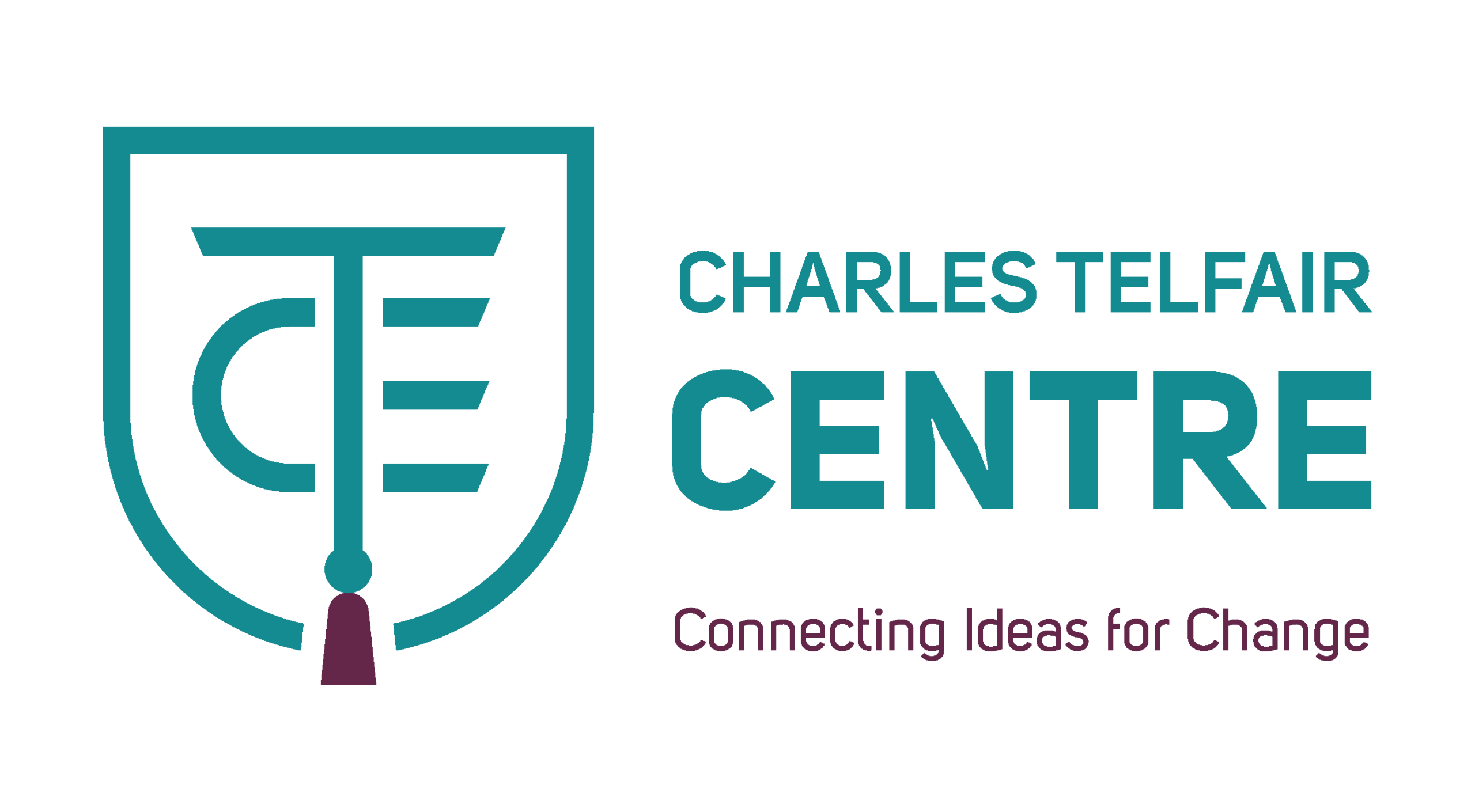Our world has been turned upside down. What we value most as human beings: connection, human touch and socialisation needs to be rethought and re-invented. Strong and resilient economies such as the US and the UK have seen their health and economic systems struggle under the scale and impact of the Covid-19 spread. Others, such as countries in SSA, that were predicted to face a sanitary catastrophe, seem to be containing the virus.
As we learn to adapt to this “new normal” and wait for a cure or a vaccine, the ensuing spread of a socio-economic crisis seems indiscriminate and unstoppable. Entire industries – aviation, tourism and oil – are collapsing and global recession is projected to be sticky with, at best, a u-shaped recovery.
Arguably, Mauritius heads into the storm with a history of resilience to shock and a welfare state culture that will help the country as it rebuilds its economy. Yet, Mauritius growth and development goals have been sluggish for the past 15 years, with rising inequalities and a difficult transition to a knowledge economy. With a forecast of a 7 to 11% contraction in 2020, a gloomy global context, a forecasted rise in unemployment to 17% for 2020 and bankruptcies awaiting post-confinement, the country, like the rest of world, is in dire need of a sustainable long term rescue plan unlike any others.
This crisis is changing us and our understanding of what matters. Individual behaviour, needs and wants are being reshaped by our experiences of vulnerability, confinement and economic and social hardship. We have suddenly directly experienced the real value of “essential workers” and of social protection systems, which had been neglected in favour of labour flexibility and fiscal tightening. Our doubts and aspirations on the environment, digital transformation, societal values or globalisation are shifting. The crisis is revealing the best as well the ugly in our societies, economic models and political systems. There is a cohesive voice across the media, research bodies, academic institutions and social media calling for Mauritius and the world, to use this pandemic as an opportunity to re-invent ourselves.
What does that mean for a country like Mauritius? To help our reflection on what this reinvention could entail, The Charles Telfair Centre is initiating an Inaugural multidisciplinary paper Series on “Shaping Mauritius’ Future Post-Covid19”.
The objective of the paper series is to initiate debates and exchanges from multiple angles and a diversity of perspectives to feed our understanding and visions of the kind of country we wish to build post-Covid-19. Mauritius’ future cannot be analysed in isolation, as an interdependent open economy we are highly impacted by how others in the region and beyond will be shaping their world post covid-19. As such, the series will also present contributions exploring issues beyond our borders.
As part of this series, every two weeks the Charles Telfair Centre will publish, via our online platform, a contribution from a local or international expert, thought leader or academic on a specific aspect pertaining to the current Covid-19 pandemic.
Topics to be covered will include, among others:
- Rethinking Globalisation, supply chains and resilience in the context of Mauritius and the region.
- What future for Tourism in Mauritius?
- Covid-19 as a trigger for rethinking our development model toward systemic and systematic sustainability.
- Covid-19 and the push for Innovation, R&D and digitalisation.
- Opportunities and threat for the private sector in Mauritius post-Covid-19?
- Work processes, Organisational culture and organisational behaviour post-Covid 19.
- Rescue plan for Mauritius in a context of national debt, limited fiscal space and the spectre of bankruptcies, unemployment and rising poverty and inequalities.
- Two-speed education system under Covid-19: how to bridge the private-public education gap and social digital divide?
- Covid-19 as a revealer of social iniquities and fragmentation: how to re-build an equitable and just society post-crisis?
- Mauritius Public Health sector and resilience to shock: lessons learned from the crisis
- Social Structures and the gendered impact of the Covid-19 crisis
- Mauritius SMEs through the crisis: challenges and ways ahead.
We hope to engage as many people as possible in the debates. As such, we invite readers to use the comments section to engage with authors and others on the topics you care about. By contributing to this space of dynamic and constructive exchanges and debate, we can build new knowledge and understandings and support the re-invention of our country and shape its future.
We hope you will enjoy this series. If you would like to contribute a post or provide some feedback on this initiative, you are welcome to contact us on ctcentre@telfair.ac.mu.
Myriam Blin – Head of the Charles Telfair Centre

